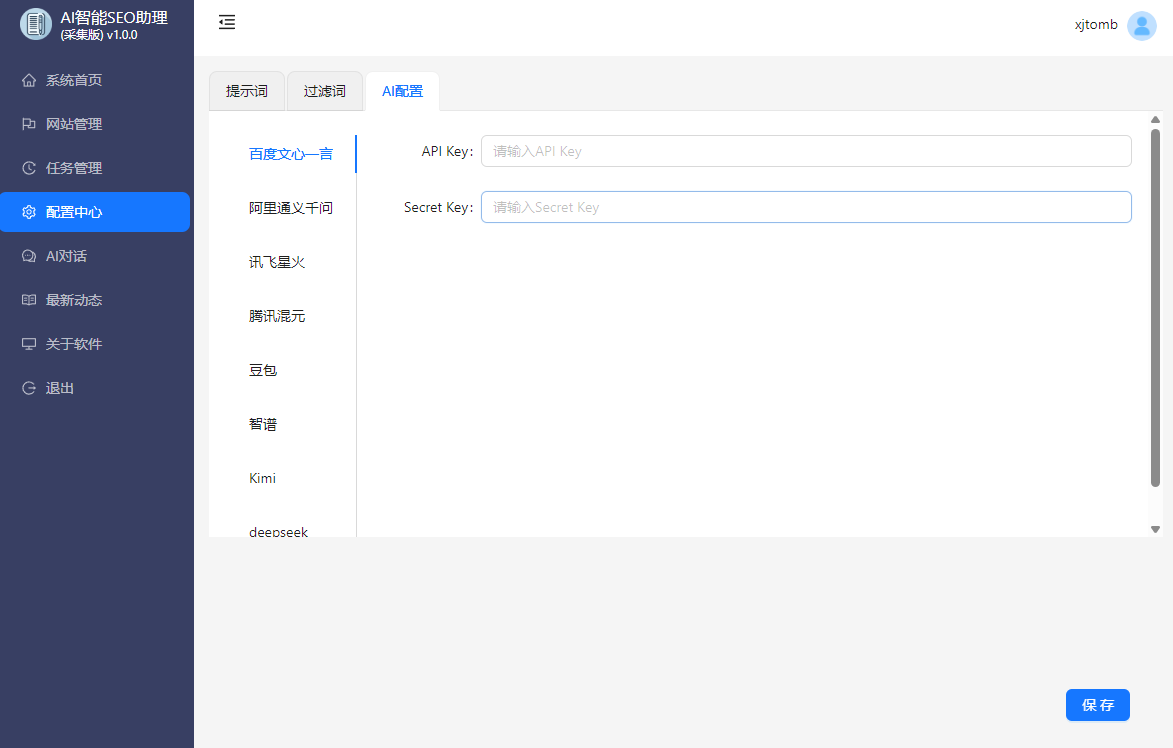< lang="en">
Understanding the Entertainment and Media Landscape
In the ever-evolving digital world, entertainment and media websites play a pivotal role in captivating audiences with content ranging from news, videos, podcasts, to blogs. To stand out in this crowded space, it's essential to implement SEO strategies that not only boost visibility but also enhance user engagement. Let's delve into the key aspects of optimizing these websites for SEO success.
Keyword Research and Optimization
The foundation of any successful SEO strategy is thorough keyword research. For entertainment and media websites, it's crucial to identify keywords that are relevant to your target audience and have a high search volume. Use tools like Google Keyword Planner, SEMrush, or Ahrefs to find long-tail keywords that are specific to your niche. Once identified, integrate these keywords naturally into your content, titles, meta descriptions, and URLs. Remember, the goal is to create valuable and informative content that resonates with your audience.

【AI智能SEO助理工具】 can assist in this process by providing real-time suggestions for keywords and monitoring their performance over time.
Content Creation and Quality
Content is king in the world of entertainment and media. High-quality, engaging, and informative content is what drives traffic and keeps users coming back. When crafting content, focus on the following aspects:
Unique and Entertaining: Offer content that is unique and provides value to your audience. Whether it's a hilarious video, an insightful news article, or an engaging podcast, ensure your content is memorable.
Informative and Educational: Provide valuable information that educates your audience. This could include behind-the-scenes insights, interviews with celebrities, or in-depth analysis of current trends.
SEO-Friendly: Ensure your content is optimized for search engines. This includes using relevant keywords, proper formatting, and incorporating multimedia elements like images and videos.
On-Page SEO Elements
Optimizing on-page elements is essential for improving your website's search engine rankings. Here are some key elements to focus on:
Title Tags: Craft compelling title tags that include your primary keyword. This not only helps with SEO but also entices users to click on your content.
Meta Descriptions: Write compelling meta descriptions that accurately summarize your content. This can improve click-through rates and help users decide whether to read your article.
Header Tags: Use header tags (H1, H2, H3) to structure your content. This makes it easier for users and search engines to understand the hierarchy of your information.
Alt Text for Images: Include descriptive alt text for images to enhance accessibility and provide additional context to search engines.
Off-Page SEO and Link Building
Off-page SEO is equally important as on-page SEO. Building a strong backlink profile can significantly improve your website's rankings. Here are some strategies to consider:
Guest Posting: Write articles for other websites in your niche and include a link back to your site.
Social Media Engagement: Share your content on social media platforms and engage with your audience. This can drive traffic and generate natural backlinks.
Influencer Collaborations: Partner with influencers in your industry to promote your content and gain exposure.
Broken Link Building: Find broken links on other websites and suggest replacing them with links to your own content.
Mobile Optimization and Page Speed
Responsive Design: Ensure your website's layout adapts to different screen sizes and resolutions.
Touch-Friendly Navigation: Make sure buttons and links are easy to tap on mobile devices.
Page Speed: Optimize your website's loading speed by compressing images, minifying CSS and JavaScript files, and leveraging browser caching.
Monitoring and Analytics
Once you've implemented your SEO strategies, it's essential to monitor their effectiveness. Use tools like Google Analytics to track your website's performance, including traffic sources, user behavior, and conversion rates. This data will help you identify areas for improvement and refine your SEO strategy over time.
Conclusion
Optimizing entertainment and media websites for SEO requires a comprehensive approach that focuses on creating high-quality content, implementing effective on-page and off-page SEO strategies, and continuously monitoring your website's performance. By following these best practices, you can enhance your website's visibility, attract more traffic, and build a loyal audience. Remember, the key to SEO success is persistence and a willingness to adapt to the ever-changing digital landscape.
AISEO助理,AI批量生成文章,SEO文章生成工具,SEO原创文章生成,AI媒体助理,AI自动回复,AI自动评论,媒体账号管理,自媒体一键分发www.ai-seo.cc


